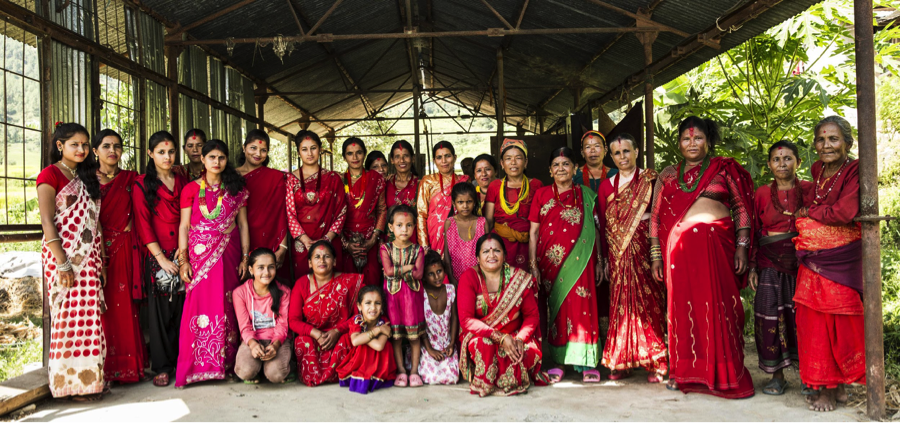
On International Women’s Day 2017, READ stands committed to working towards gender parity and making women’s work visible at all levels of development. Working in South Asia for over 25 years, READ’s leadership has observed firsthand, how empowered women are boldly offering solutions to their communities’ biggest challenges, and working together to ensure that everyone in their community has access to education and opportunity.
READ Nepal’s Country Director, Sanjana Shrestha, has seen women thrive when their community truly values women’s work both in the home as well as in the public sphere. When Sanjana started at READ nearly 15 years ago, she remembers how difficult it was to attract women into the READ Centers, especially those with no formal education. “We conducted tons of outreach, went door to door to build friendships with our women and listened to their concerns. It was a slow and steady process, but it paid off in the end when women, oftentimes illiterate and oppressed, started coming into the centers.” As women started voicing their needs, programs were then developed to address those needs. It was an iterative process of women’s empowerment programming that has become one of READ’s most impactful themes.
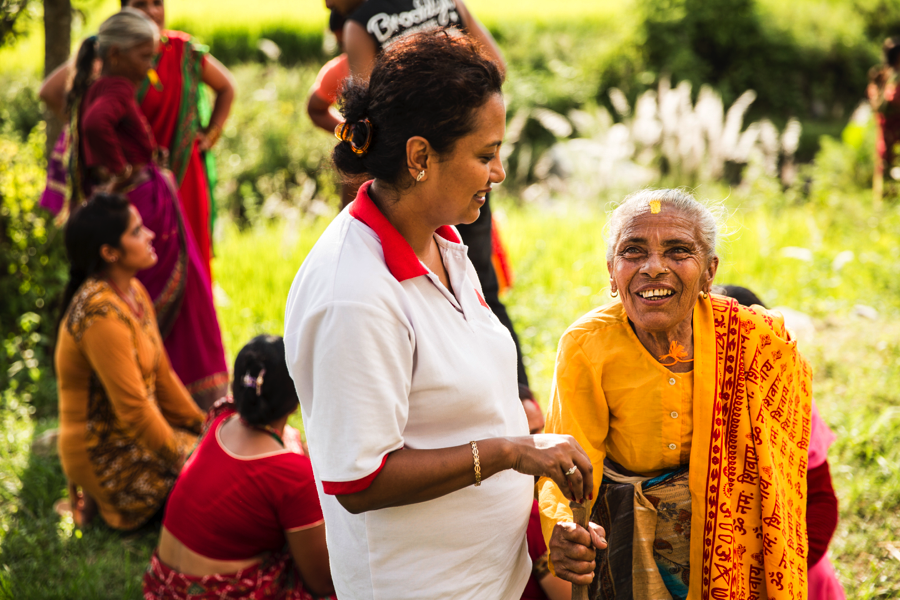
With this careful process in play at the READ Center, many women say that it is often the only safe space in their communities where they do not need to ask permission to leave the house. This simple shift in women’s roles in society enables communities to thrive, as women who can access education and economic opportunities immediately pass on those benefits to their children. Empowered women also want to help others in their community to prosper – they aren’t afraid to “share the wealth” they received through education.
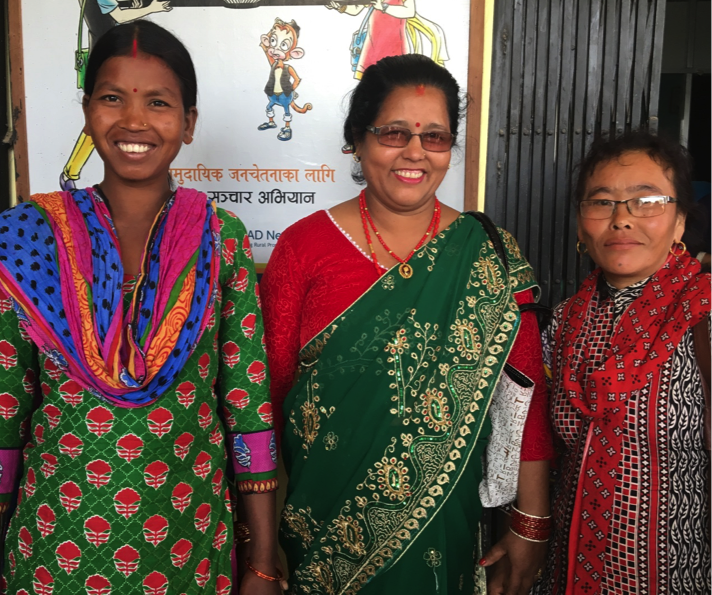
Honoring Chuna’s Contributions to Women’s Empowerment
Chuna Devi, from Nepal exemplifies the READ Effect in action! As powerful as her story was when we shared it in 2013, Chuna’s story continues to evolve paving the way for women in her community to actively drive change locally. Now, Chuna is the Vice President of the Fulbari READ Center, a successful entrepreneur and a women’s rights advocate in rural Nepal. When Chuna saw that women traveled miles to reach the closest READ Center, she mobilized support to establish a satellite READ Center in her home village. Chuna continues to advocate for women’s rights in her community by encouraging them to get involved in leadership positions at READ Centers, empower themselves through literacy and skills development programs, and continue to build their network of women’s cooperatives and self-help groups.
“Most important is reaching women who really never had the chance to think of themselves. The women we serve always think first about their families, but oftentimes with no time to develop themselves further,” says Geeta Malhotra, READ India Country Director. Within the safe space of the READ Centers in India, peer-to-peer learning and exchanges helped women gain confidence, which in turn helped women to seek trainings of their interest, and in turn finally spurred entrepreneurship in women to start their own small businesses earning enough income to continue to support their families and their own self-development.
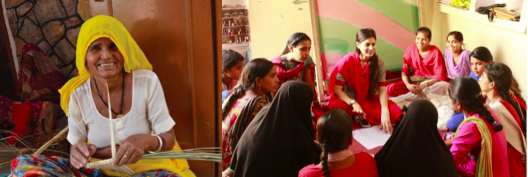
“Women play such a critical role in society from the personal day-to-day aspects of family life to the complex social framework that impacts everyone in the community,” says Karma Lhazom, READ Bhutan’s Country Director. In Bhutan, we continue to challenge cultural norms around women’s role in society and the workplace. Mothers are now taking literacy classes with the hope that their daughters will pursue education further than they imagined possible.
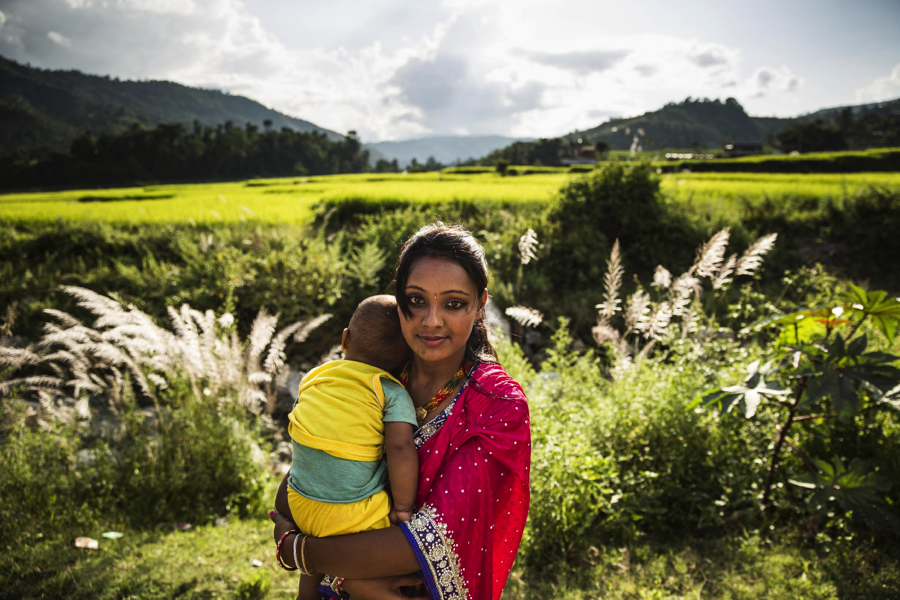
To the next generation of women change makers in rural South Asia, we encourage you to be bold in taking action in making the change you wish to see in the world! #BeBoldForChange
To learn more about READ Global, sign up for our Newsletter.






